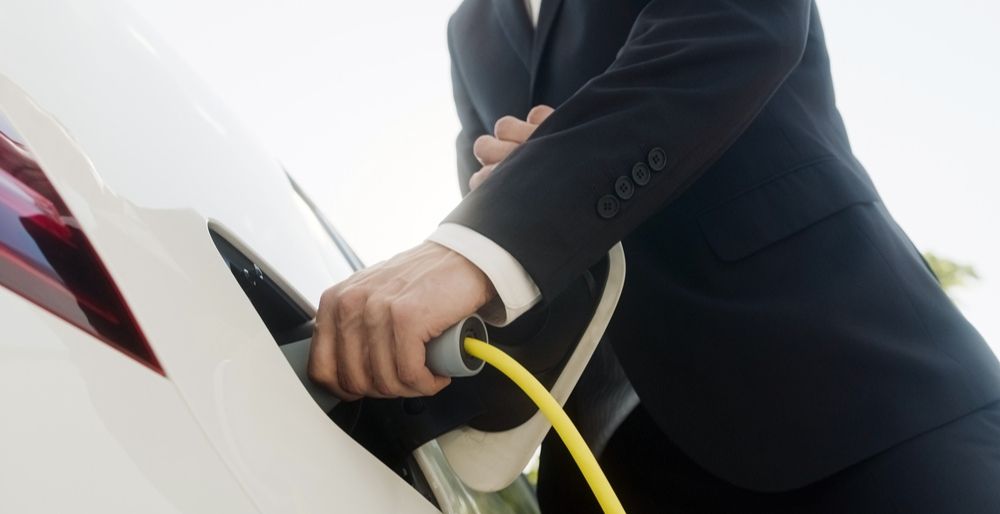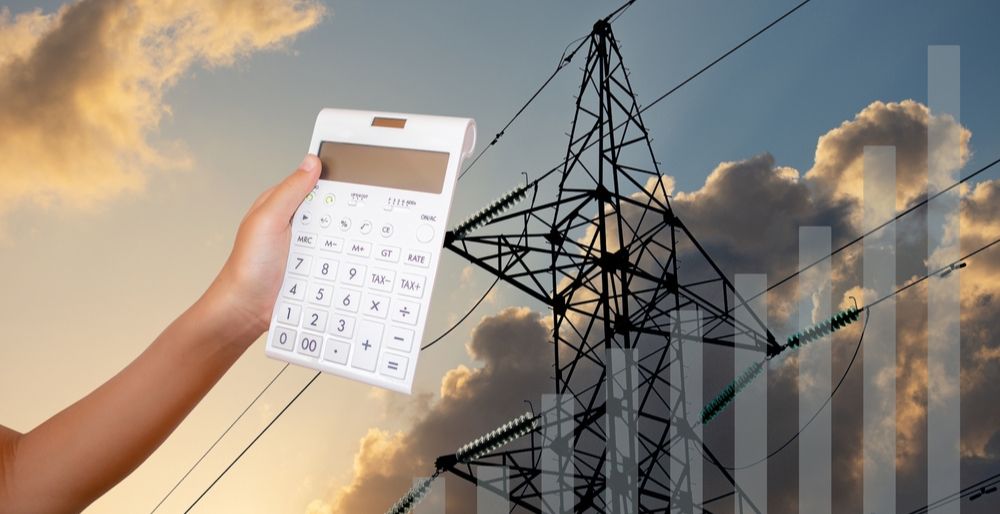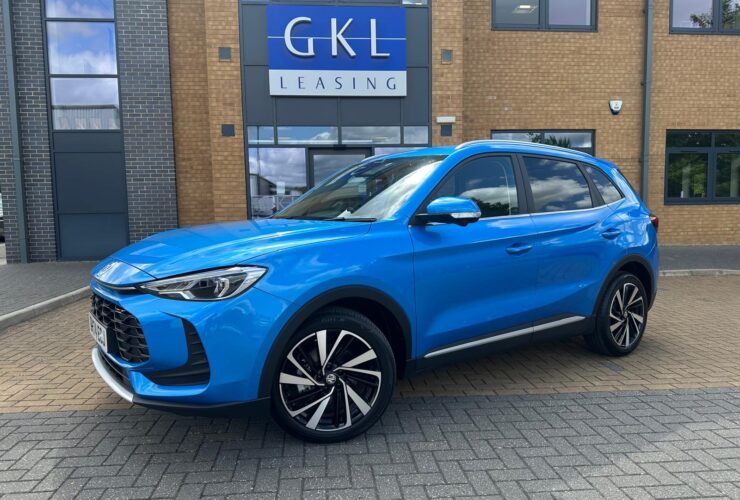In recent weeks we’ve had a reasonable number of enquiries asking essentially the same thing: “Will electricity prices affect electric cars?”
Well, if you’re considering switching to an electric vehicle (EV) but considering holding back because of this concern – we have good news for you. The impact isn’t likely to be anywhere near as bad as you may think – especially when considered next to the fluctuating prices of diesel and petrol.
What impact will the energy price cap have on EVs?
The first thing to consider with electric cars and the rising energy prices is the government’s recently instated energy price cap. Part of its Energy Price Guarantee, the cost of electricity is now capped at 34p per kilowatt hour (34p/kWh). That makes it some way short of the huge 52p/kWh some energy companies were forecasting before government intervention.
The impact of this is that where EVs previously cost around £7 on average for each 100 miles of charge added at home, they’re now going to cost nearer an average of £8.50.
If you consider that the average EV can travel around 260 miles before it’s drained of all power, that’s a total charging cost of around £22.

By contrast, the average costs of filling up petrol and diesel cars are:
- Petrol: £90.47
- Diesel: £102.21
The difference in prices are staggering – something backed up by our own research into the difference in running costs between electric, diesel and petrol vehicles (conducted, admittedly, before the October price hike).
So if you’re wondering how the increasing energy prices will impact charging EVs at home, the answers is, not all that much – especially compared to the less green alternative.
What about charging on the move?
Charging when out and about is a slightly different story, however.
Prices at public rapid charging stations have escalated quickly, resulting in a sharp 42% jump in some places over the course of the past four or five months.
Our advice is to use every tool at your disposal – including Zap-Map, which offers a comprehensive (and constantly updated) map of the public charge points you can access, along with a good idea of their costs. By carefully planning ahead on your journeys, you should be able to navigate some sizeable fluctuations in prices between charge points, and locate a station charging rate closer to the home electricity fee.
Other ways to save money on EV charging
For drivers
Business drivers who need to make expenses claims on electric fuel should be extra wary of the increased expenditure of public rapid charging points. That’s because the advisory electricity rate (AER) the government recommends fleet businesses use to reimburse expense claims is currently far below what it should be.
To illustrate, for a vehicle that can achieve three miles per kWH, the driver is likely to pay around 11 pence per mile (11ppm). The government’s AER is currently set at 5ppm. In other words, if you drive an EV for work, each mile you travel will cost you six pence out of your own pocket – providing your company sticks rigidly to the AER.

The good news is that the AER is, in its very nature, advisory rather than compulsory. We’d therefore recommend having conversations with your fleet manager (or the role’s equivalent in your business) about what a fair and sensible AER should actually be for their drivers.
If you’re still concerned how the increasing energy prices will impact charging EVs, you may also wish to look into taking out a special EV tariff with your power company. These charge far less than the governments 34p/kWh, with some offering under 8p/kWh for charging outside peak hours – like overnight, when most EV owners realistically charge their vehicle.
For fleets
If you are involved in day to day fleet running and are looking into electrifying your fleet to save money, you should be aware that there is a government-backed scheme that will allow you to save a considerable sum on charging point installation.
It’s called the Workplace Charging Scheme, and it offers 75% off charge point installation, up to a maximum of £350 per socket and 40 sockets per applicant. This is something we’d recommend all business fleets look into as soon as possible. It’s a fantastic help, but is likely to change as fleet electrification becomes more commonplace.
Are you looking to lease an EV for business purposes?
Here at GKL our expert team are here to help you do just that. We’ll find you the ideal EV for your purposes, and can even offer advice and support on charge point installation.
To learn more, check out the blogs below and get in touch with us today.
Past posts
- Pros and Cons of Electric, Petrol, Diesel and Hybrid Vehicles
- Electric Fuel Costs Compared to Combustion Vehicles
- Mythbusting: Are Electric Cars Really Greener?
- Which UK Cities are Most EV-Friendly?
- How to Manage Range Anxiety
- How Leasing With Us Works For You
- How We Are Tackling Vehicle Availability



